

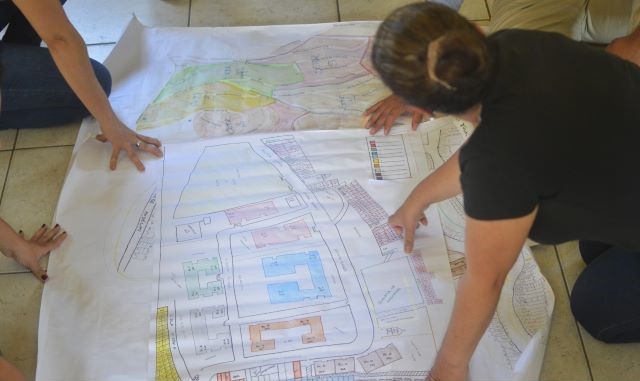
A research project showed that mobilizing citizens in flood-prone areas improves data collection and increases resilience.
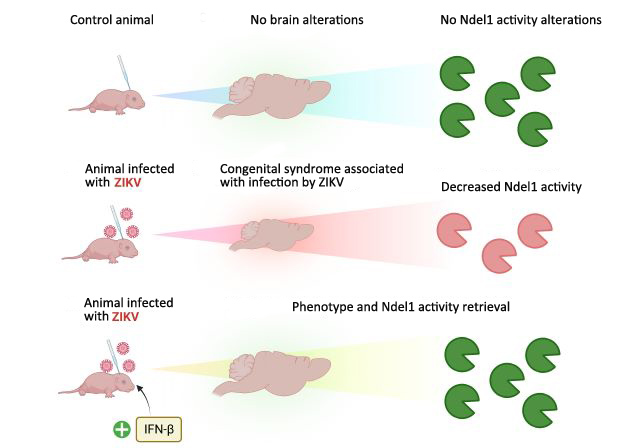
Brazilian researchers showed that brain activity of Ndel1, an enzyme that plays an important role in neuron differentiation and migration, decreased in mice infected by zika during pregnancy. The enzyme could become a biomarker for early diagnosis of the congenital syndrome associated with zika.

The product, which contains the anti-inflammatory protein annexin A1, accelerated complete skin wound healing in mice, and has the potential to become part of the arsenal of treatments for a disease that affects 17.7 million Brazilians.

Plant species native to the Brazilian savanna-like biome grow thick bark to protect their internal tissues and hide organs that assure resprouting below the ground, according to an article in Flora by researchers at São Paulo State University.
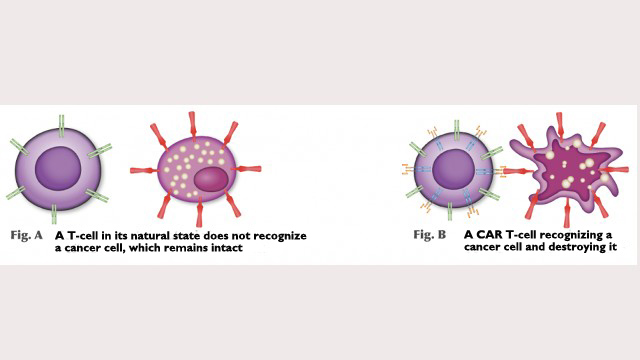
Opened in 2022 with FAPESP’s support, Nutera is Latin America’s first cellular product manufacturing plant. It is run by researchers from Butantan Institute and the University of São Paulo’s Ribeirão Preto Blood Center, and could become a supplier to the SUS, Brazil’s public healthcare network.

The calls offer opportunities for accelerators and agencies that provide services for startups under the aegis of Tecnova III, a program run by the Brazilian Innovation Agency which in São Paulo is operationalized in partnership with FAPESP.

Findings reported in the journal Antibiotics by scientists working in Brazil and the United States pave the way for the development of drugs against resistant bacteria.

This is one of the findings of a study led by Brazilian scientists and reported in the science journal Fire. The researchers built a model based on images from the SENTINEL-2 satellite and were able to detect burned areas much more accurately.
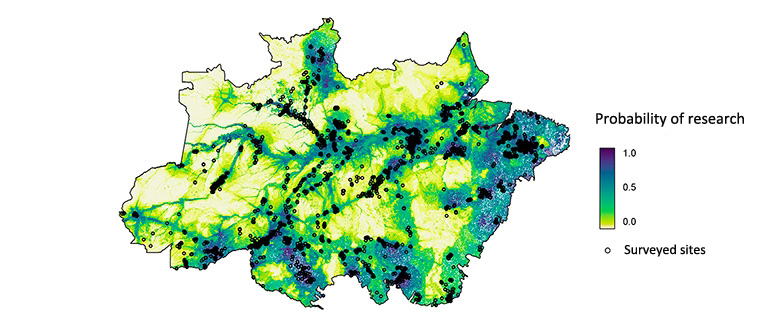
The findings evidenced high susceptibility to climate change by 2050 in 15%-18% of the areas with the most neglected biodiversity.
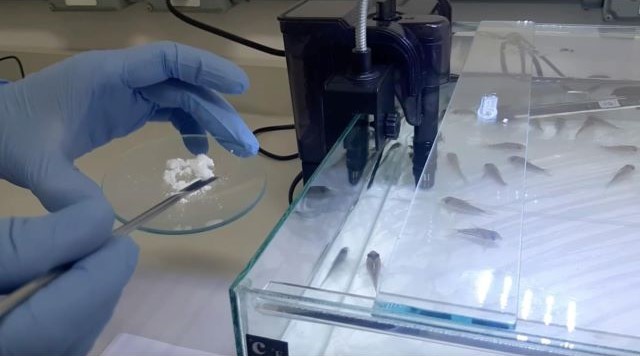
In addition to helping combat antimicrobial resistance, the bioparticle developed at the Federal University of São Paulo avoids the waste and pollution created by excessive amounts of drugs in water bodies. The strategy was tested on an ornamental fish species native to the Amazon and found to be safe.
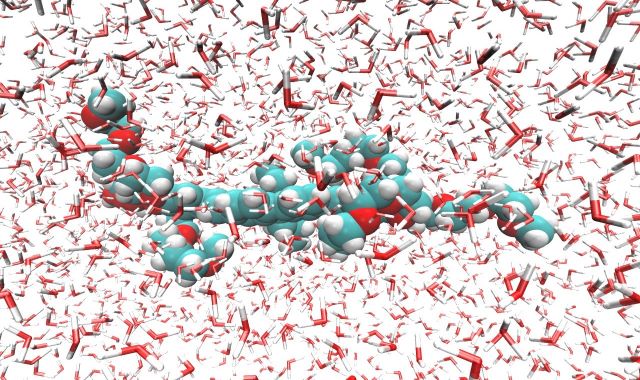
An alternative method proposed by a Brazilian physicist cuts the time for computer simulation of the absorption spectrum from two days to a few hours.

Research conducted at the University of São Paulo involving 95 volunteers associated poor sleep quality with a deterioration in the complications caused by aging and overweight, such as anxiety, depression, body fat gain, and loss of muscle mass and strength.
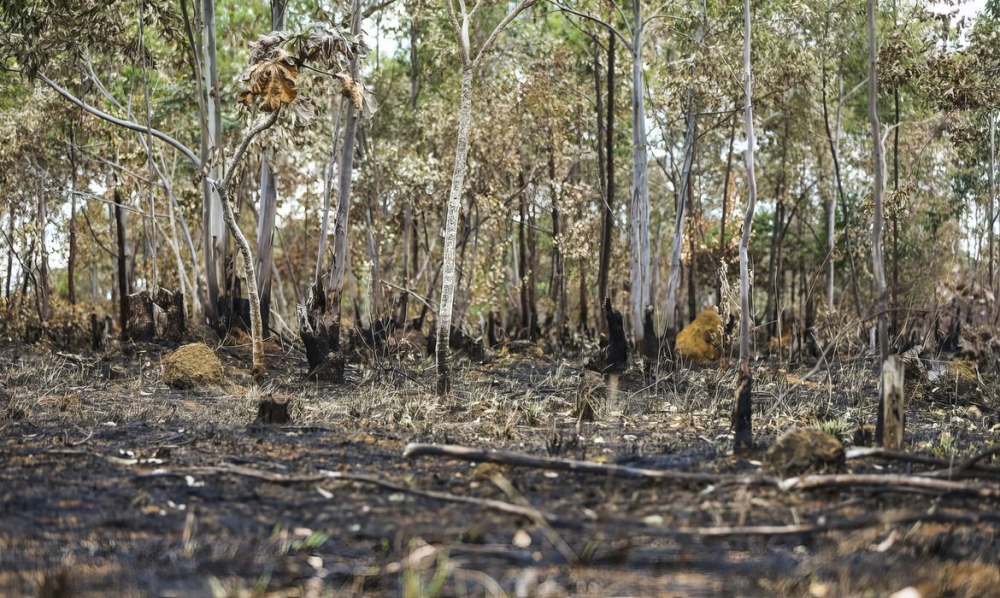
Record levels of destruction of native vegetation in the Brazilian savanna, the second-largest biome in South America, motivated the letter published in Nature Sustainability. The scientists who wrote it stress the need for specific measures to conserve the Cerrado’s rich biodiversity.
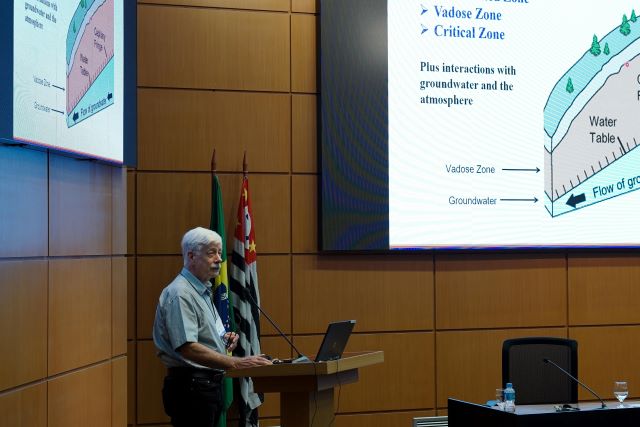
Dutch-born scientist Martinus Theodorus van Genuchten is the author of a famous equation describing the hydraulic conductivity of unsaturated soil. His discoveries are central to agricultural operations and climate science, and he recently won the prestigious Wolf Prize in Agriculture.

Two calls have been issued to register equity crowdfunding platforms and angel investor networks interested in investing in deep techs.

Subnational funding agencies and Brazil’s National Scientific Council will partner to allocate almost BRL 60 million to research projects that explore little-known areas of the world’s largest tropical forest.
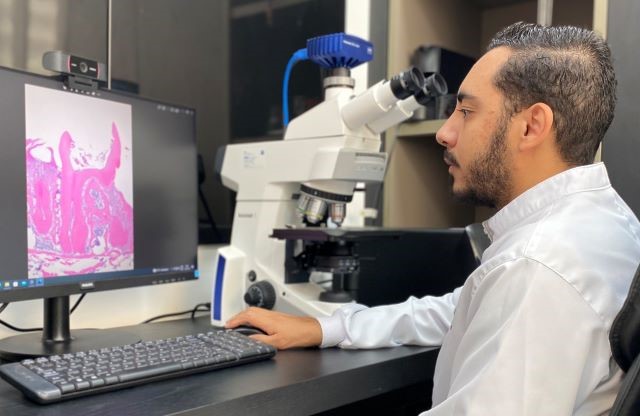
Researchers at the University of São Paulo showed in mice the importance of the signaling pathway mediated by the pro-inflammatory cytokine TNF-α and its receptor TNFR1; the discovery could now help scientists develop medications for oral health.
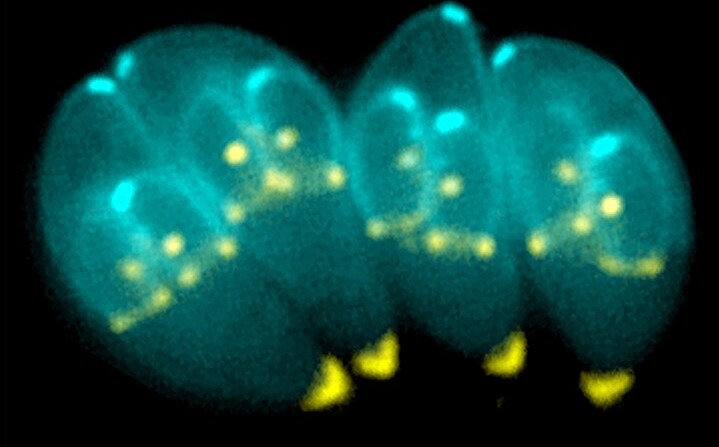
Brazilian researchers screened 160 compounds known to be effective against SARS-CoV-2 and identified those that also act against the protozoan parasite Toxoplasma gondii. The most promising will be tested in humans for treatment of the chronic form of the disease.

‘Amazon Day: Science for the Amazon’ was held on September 15, during the 78th United Nations General Assembly. Panelists discussed the role of science, technology and innovation in sustainable development for the region.

The technology was invented by a FAPESP-supported startup. It consists of a blend of essential oils from various plants, encapsulated in natural polymers that release the biofungicide gradually over a long period.
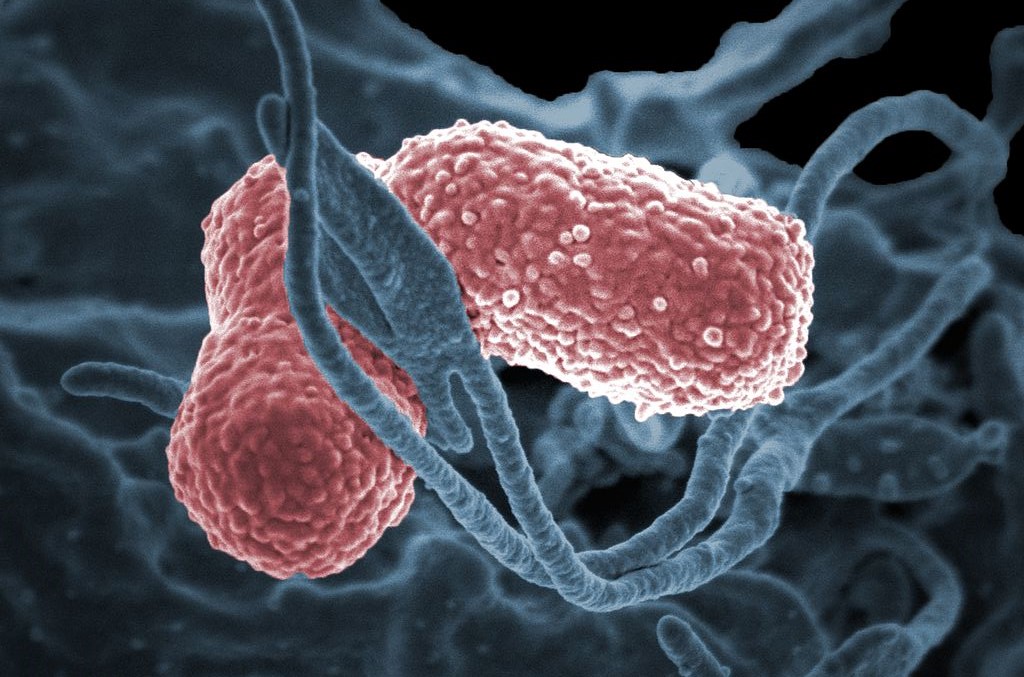
The study was conducted by researchers at the University of São Paulo, highlighting the importance of identify and isolating infected patients on admission to the emergency room. The findings also showed that containment may be impaired if patients stay more than two days in the ER.
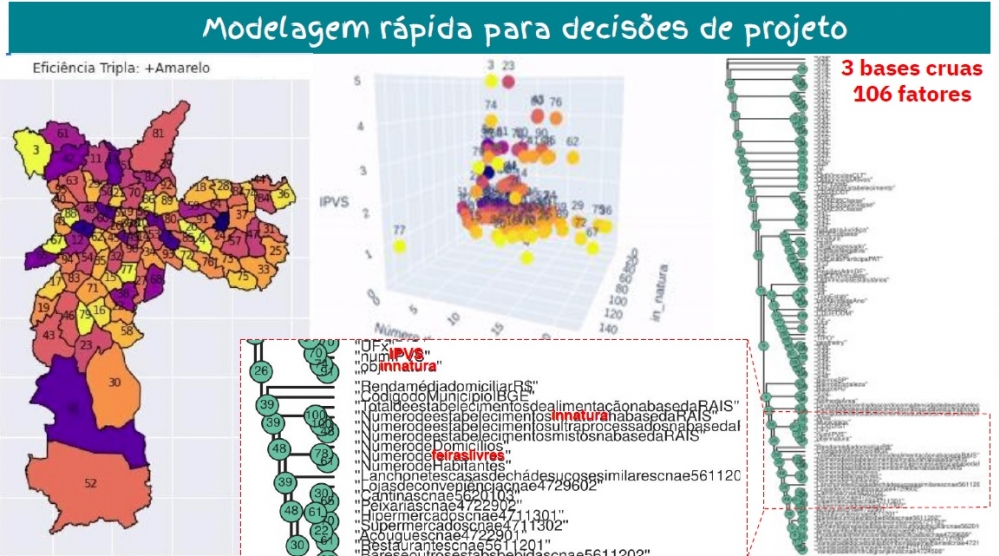
Algorithms developed at the University of São Paulo interpret information from different databases and help identify city areas susceptible to food insecurity.

The prevalence of dysfunctional eating behaviors among almost 1,000 vegans studied by researchers at the University of São Paulo was less than a tenth of the average for the Brazilian population. The explanation, according to the researchers, lies in the reasons for which people choose a restrictive diet.
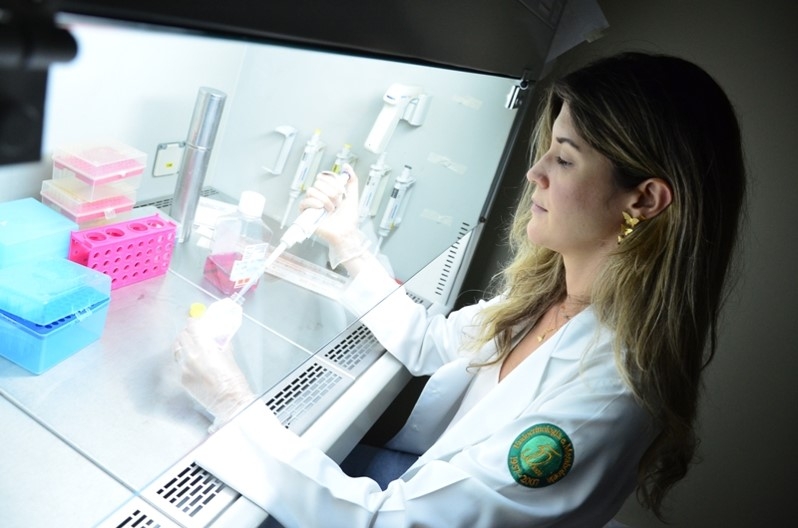
Experiments conducted at the University of São Paulo showed that expression of the gene that encodes the vitamin D receptor is greatly reduced in pediatric adrenocortical tumor cells. When the gene was activated, an anti-proliferation effect was observed. The only treatment currently available is surgical removal of the tumor.
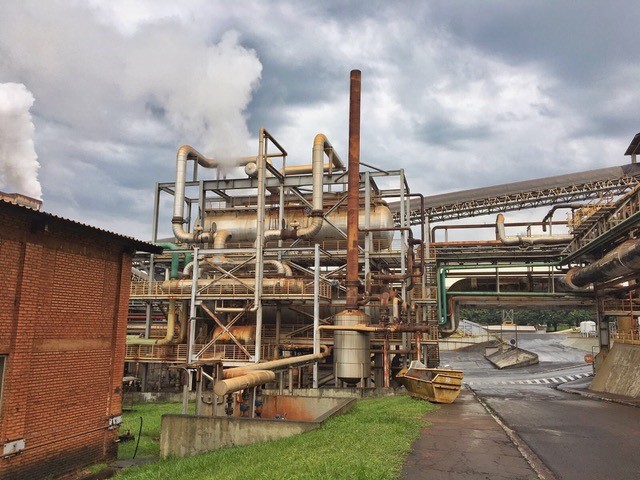
The product will pave the way for researchers and food engineers to develop novel industrial processes based on the use of sugarcane molasses. It was tested as a yeast culture medium for ethanol production.